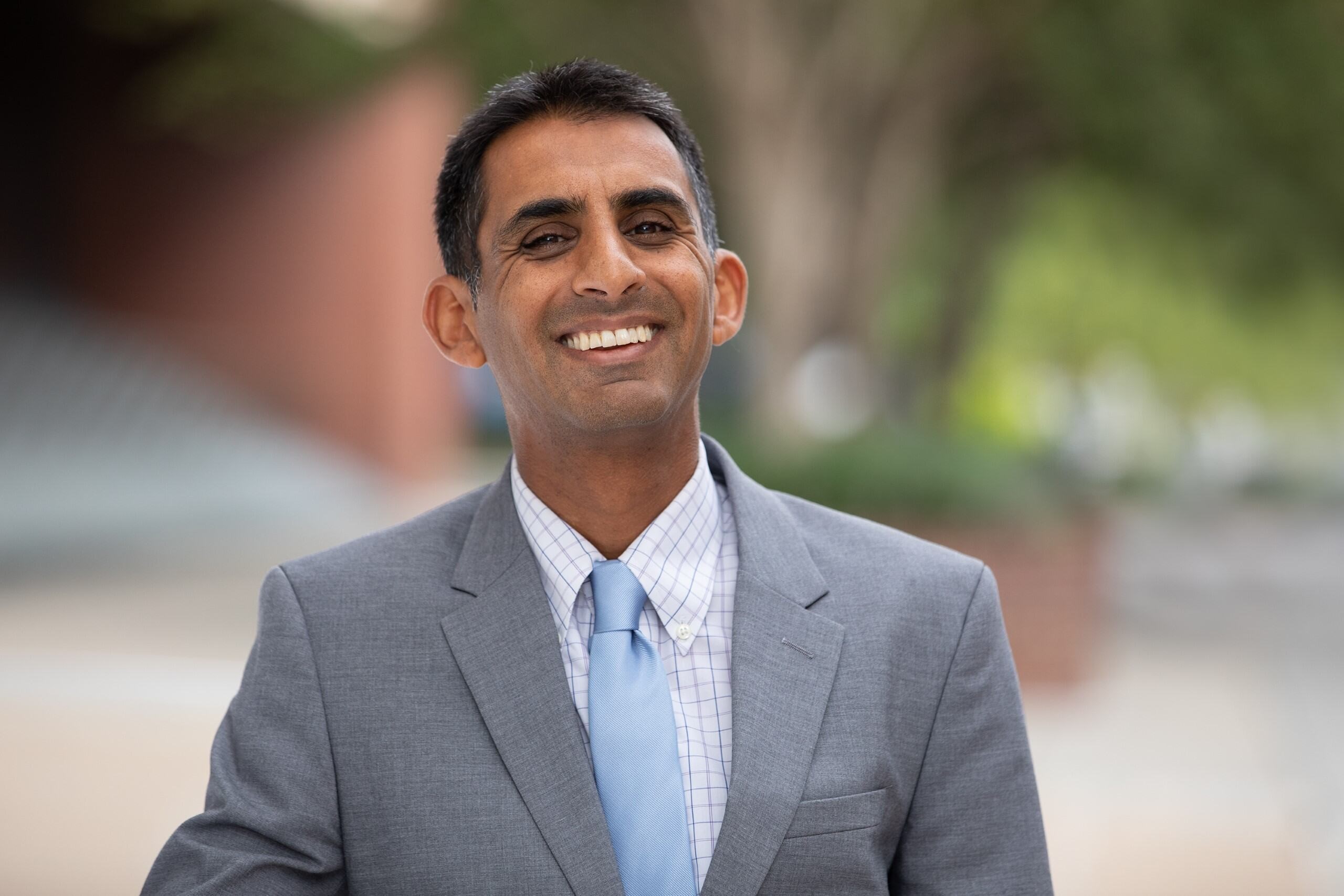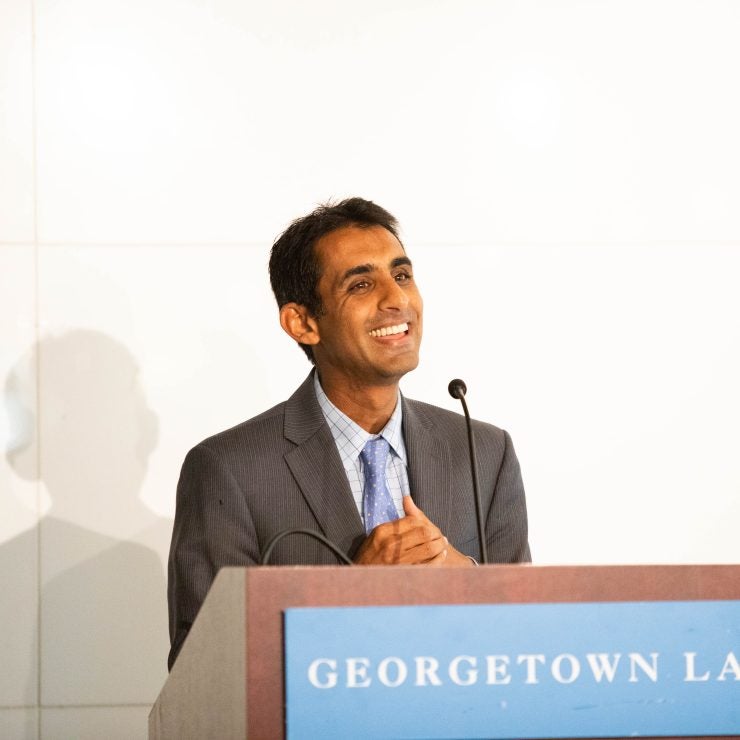Mushtaq Gunja: Carnegie Classification & Higher Ed Insights
Is it possible for one individual to seamlessly navigate the complex worlds of academia, law, government, and higher education policy, all while driving significant change? The career of Mushtaq Gunja suggests that not only is it possible, but it's also a testament to the power of multifaceted expertise and a dedication to public service.
Mushtaq Gunja's career is a compelling case study in the multifaceted nature of leadership and the interconnectedness of various sectors. His journey, marked by significant roles in academia, law, and government, showcases a deep commitment to improving higher education and shaping public policy. His current position as Executive Director of the Carnegie Classification Systems and Senior Vice President at the American Council on Education (ACE) allows him to leverage his diverse experience to influence the very framework that defines American colleges and universities. This role involves not just running the existing Carnegie framework but also "reimagining" it, a task that reflects a forward-thinking approach to adapting the system to the evolving landscape of higher education.
| Category | Details |
|---|---|
| Full Name | Mushtaq Gunja |
| Current Roles | Executive Director, Carnegie Classification Systems; Senior Vice President, American Council on Education (ACE) |
| Other Roles | Chief of Staff to the Under Secretary of Education; Adjunct Professor of Law (Georgetown Law) |
| Education | J.D., Harvard Law School (cum laude); B.A., Brown University (magna cum laude, with honors) |
| Past Experience | Assistant Dean, Georgetown University Law Center; Assistant U.S. Attorney, Baltimore, MD; Positions in the Obama Administration (White House Counsel's Office, Department of Education) |
| Areas of Expertise | Higher Education Policy, Accreditation, Academic Affairs, Legal Prosecution, Government Strategy |
| Awards | Fahy Award for J.D. Programs |
| LinkedIn Profile | Mushtaq Gunja's LinkedIn Profile |
Gunja's experience extends far beyond his current roles. Prior to his work with ACE, he served as Assistant Dean in Academic Affairs at Georgetown University Law Center, where he was instrumental in shaping academic policies. His responsibilities included overseeing accreditation processes, teaching methods, and the development of new programs, highlighting his commitment to advancing legal education. Furthermore, his background as an adjunct professor of law at Georgetown Law keeps him connected to the practical realities of legal education and provides a valuable perspective for his leadership in higher education. He has a deep understanding of the inner workings of the legal profession and the challenges and opportunities facing future lawyers.
Before entering the academic realm, Gunja served as an Assistant United States Attorney in Baltimore, Maryland. In this role, he prosecuted a range of cases, including violent crimes, gang-related offenses, narcotics trafficking, and healthcare fraud. This experience showcases his dedication to justice and his ability to navigate complex legal challenges. His prosecutorial background has undoubtedly provided him with critical thinking skills, analytical abilities, and a keen understanding of legal frameworks, skills that are transferable to his current work in higher education policy.
Gunja's involvement in the Obama administration is another key aspect of his experience. He held positions in the White House Counsel's Office and the Department of Education, offering strategic and policy advice on a variety of critical issues. These roles reflect his ability to function at the highest levels of government and his dedication to public service. This experience gave him an insider's perspective on the development and implementation of national policy, and he brings that experience to his current work.
The Carnegie Classification of Institutions of Higher Education is a crucial framework for understanding and categorizing American colleges and universities. Since its inception in 1973, it has served as the predominant method for classifying these institutions. The current effort to "reimagine" the Carnegie framework under Gunja's leadership is a significant undertaking. The 2025 classifications will include a new basic classification system, utilizing multidimensional categories to reflect the diverse characteristics of today's colleges and universities. This revamp aims to improve the system's utility for policymakers, funders, and researchers, ultimately enhancing the understanding of the higher education landscape.
- Understanding Sub Silentio In Law Meaning Usage Examples
- 81 Head Guide Everything You Need To Know Best Deals
Gunja's voice is prominent in discussions about higher education policy. He frequently participates in podcasts and conferences, sharing his insights on critical issues. He has also been involved in discussions about the early days of the Trump administration's second term and its impact on higher education, offering his analysis on how policy decisions affect institutions and students. Gunjas ability to navigate these complex issues showcases his expertise and demonstrates his commitment to using his experience to analyze present issues in higher education.
Gunjas influence extends across diverse platforms. He is frequently a host on "Dotedu Live," the public policy podcast from the American Council on Education, where he leads discussions about higher education topics. His participation in these discussions is another testament to his expertise. These conversations often include guests who are experts in their respective fields, ensuring a comprehensive examination of the important issues facing the higher education community.
In a rapidly evolving educational landscape, understanding the nuances of higher education is more critical than ever. The ongoing work of the Carnegie Classification Systems, guided by leaders like Mushtaq Gunja, plays a crucial role in ensuring that policymakers, researchers, and the public have access to the most relevant and up-to-date information. The ability to categorize and understand institutions helps in the process of funding and allocation for programs within the institutions. The ability to innovate and redefine how colleges and universities are understood is what makes the work of individuals like Gunja essential to the health and direction of higher education in the United States. The changes planned for 2025 demonstrate a commitment to keeping the system relevant, adapting to the dynamic nature of higher education, and making it a more useful tool for policymakers, funders, and researchers.
Gunja's career is a testament to the power of blending experience from various sectors to make a real impact. From his legal work and government service to his current leadership roles in higher education, his commitment to public service and his ability to adapt and innovate make him a significant figure in shaping the future of American colleges and universities.
- Czech Streets 39 Trending Now What You Need To Know
- Of Mice And Men Dreams Quotes Analysis To Inspire

Our Experts and Leaders

Mushtaq Gunja Office of the Under Secretary

Four Faculty Members Honored for Excellence in Teaching and for Service